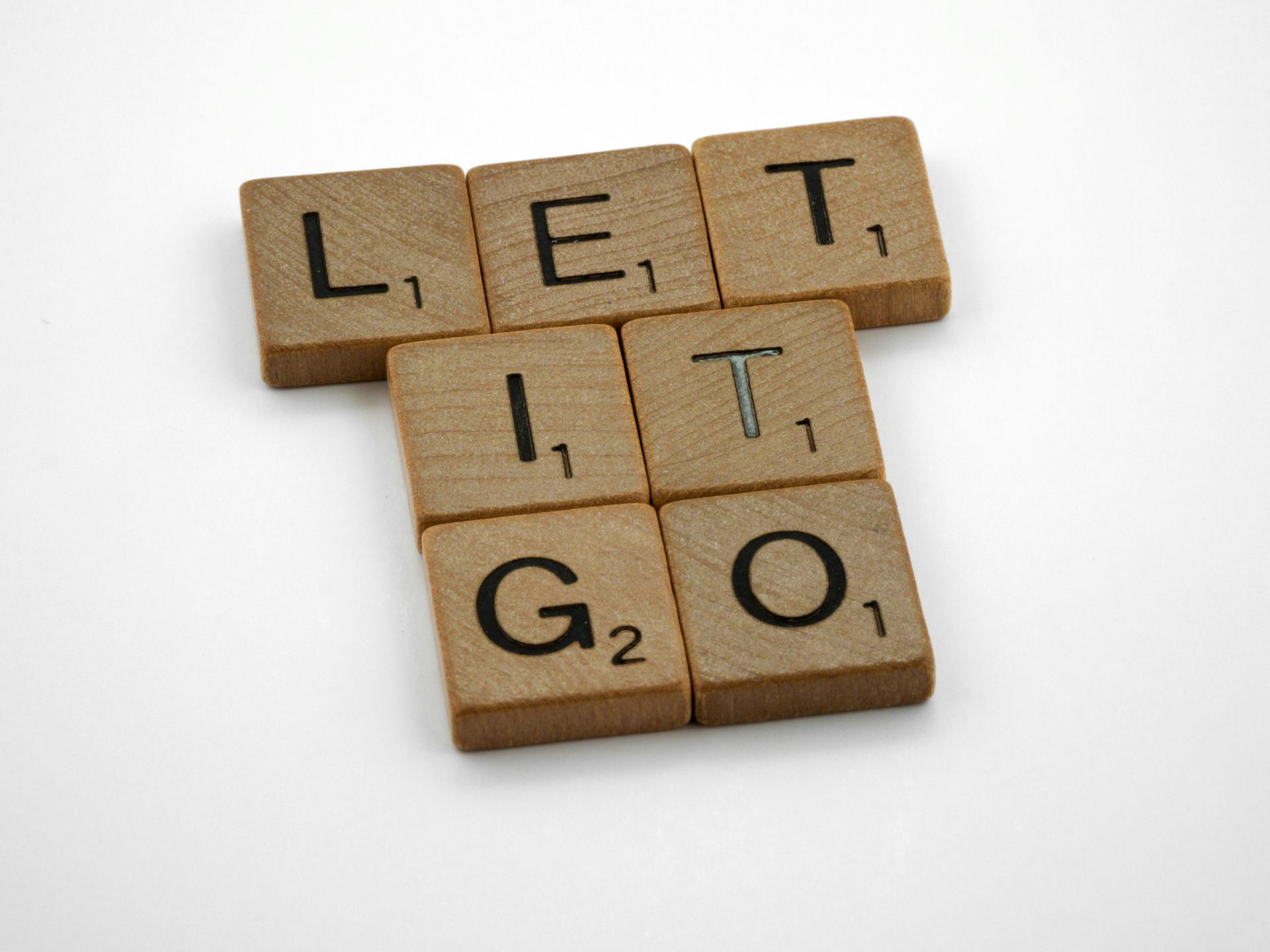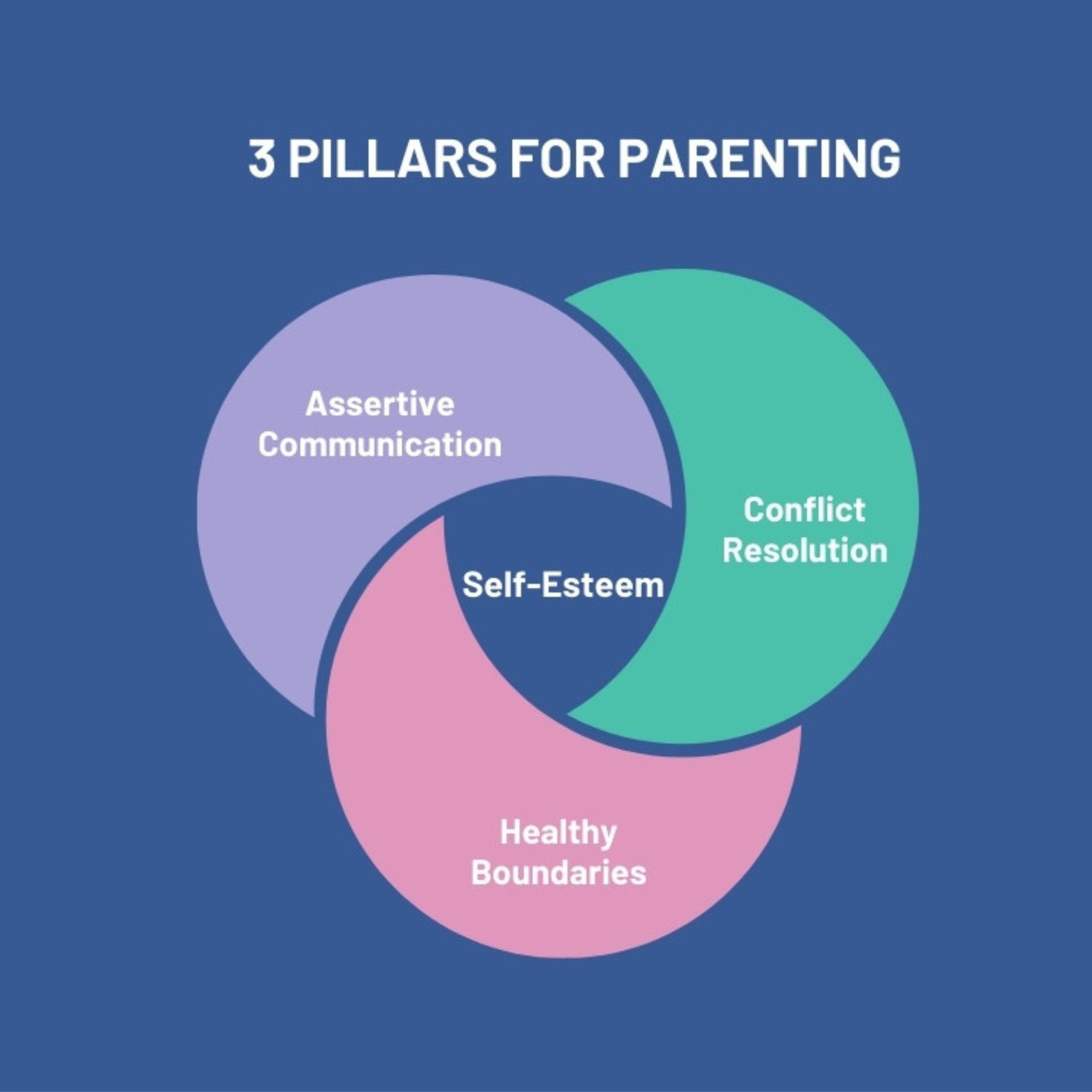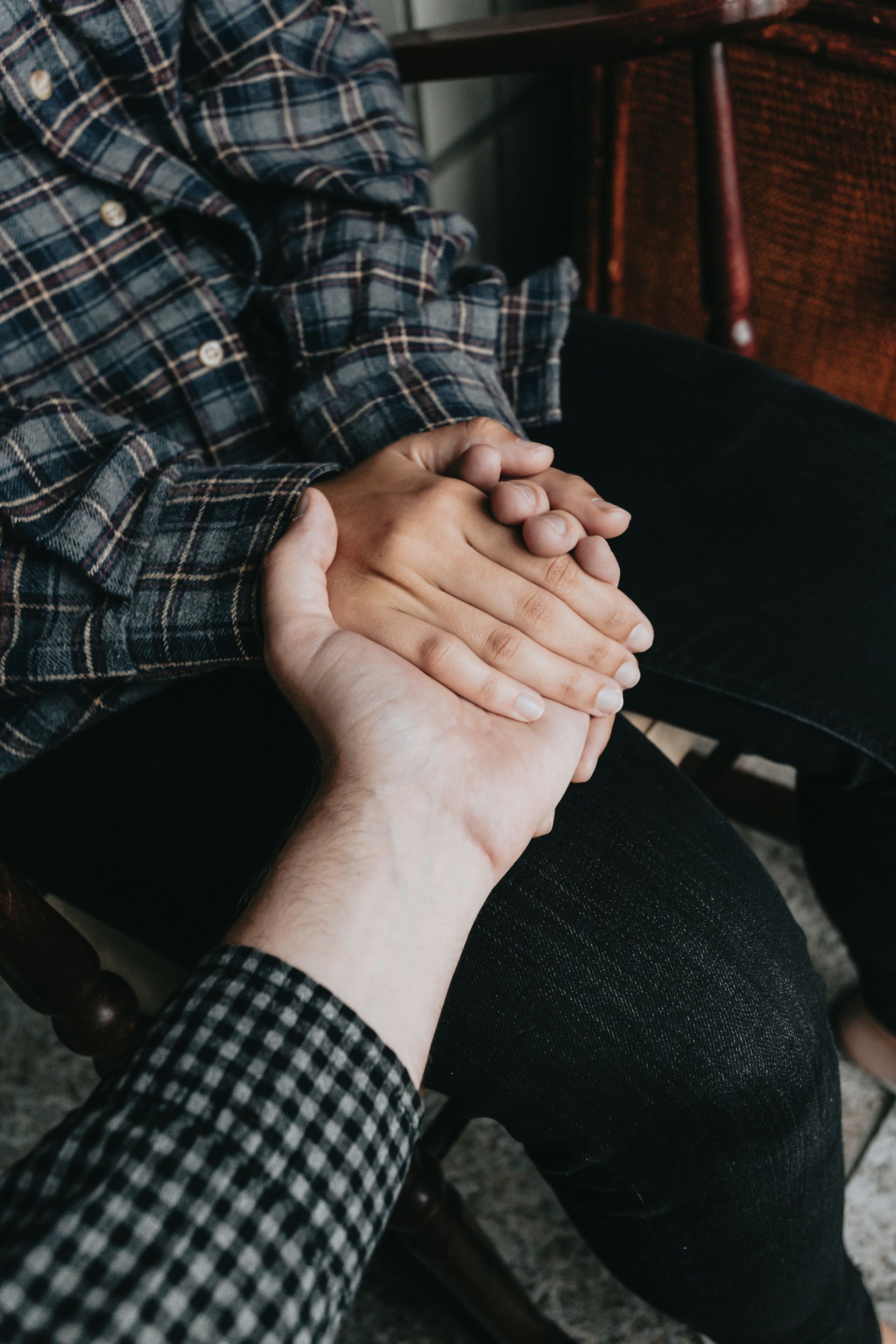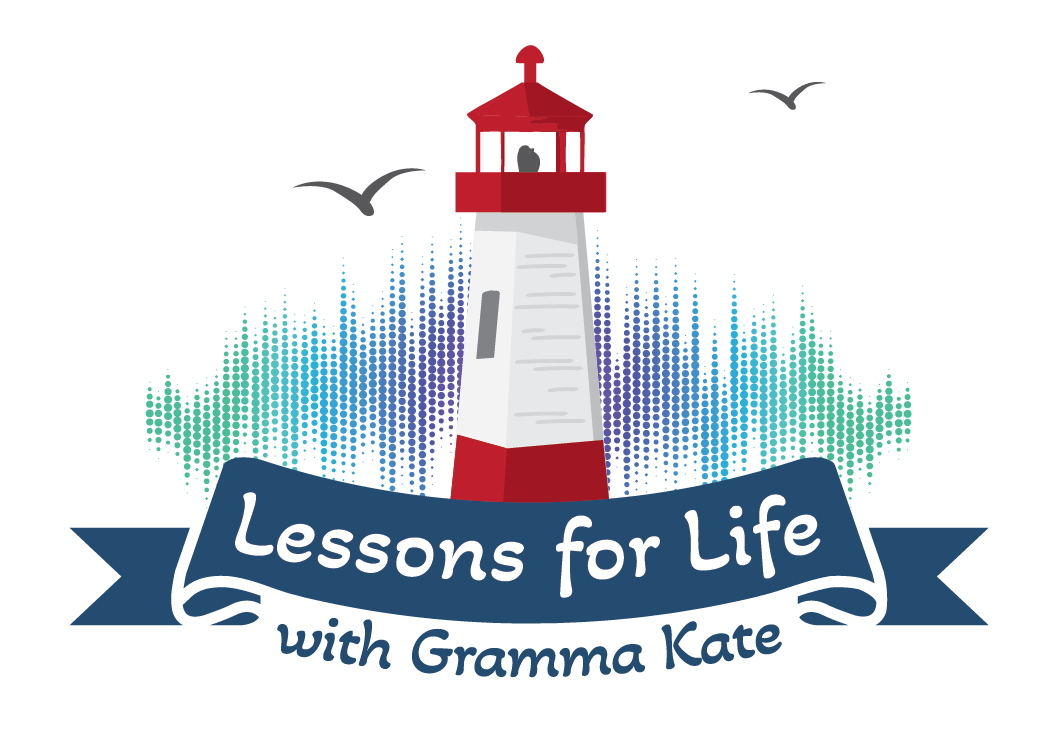
Forgiveness acts as a mirror, reflecting strength and worthiness to our children. By forgiving, we plant seeds of resilience and self-worth, empowering our youngsters to stand tall and be proud of who they are.
Hi, I’m Cathy, and I'm thrilled to be on this journey with you to help boost your self-esteem by sharing three skills I learned from being a parent and a grandparent that changed my life and my family's life around.
The
three skills are
assertive communication, conflict resolution, and setting healthy boundaries
to cultivate a nurturing and happy family environment. I'm not here to dwell on your past parenting mistakes but to focus on unlocking your full potential and creating lasting positive changes for you and your family.

Let’s get into this topic about forgiveness.
Understanding Forgiveness:
Forgiveness is when we let go of the anger and hurt we feel when someone has done something wrong to us. It's deciding not to hold a grudge anymore. Forgiveness is about dealing with our feelings, understanding why someone hurt us, and trying to move forward without being angry all the time. Here are three aspects to consider about forgiveness: emotionally, cognitively and behaviourally

Emotionally:
Emotionally, forgiveness means facing up to hurt or upset feelings without letting them control us. Instead of keeping all those feelings bottled up inside, forgiveness helps us to let them out appropriately so they don't bother us as much anymore.
Cognitively:
Forgiveness also means trying to see things from the other person's point of view. It's about realizing everyone makes mistakes, and we're all human. Forgiveness isn't about saying what someone did was okay, but it's about being open to the idea that people can change and that there might be reasons behind their actions.
Behaviourally:
Behaviourally, forgiveness involves doing things that help fix the problem to improve them. Trying to fix the problem might mean talking to the person who hurt you, setting boundaries to protect yourself, or forgiving them even if they don't apologize. Forgiveness is about taking control of the situation and responding with kindness instead of anger.
Forgiveness is something that takes time and effort. It can be challenging. By forgiving others, we free ourselves from carrying around all that negativity and make room for happier and healthier relationships. So, what are the benefits of forgiving?

Benefits of Forgiving:
- Forgiving helps us feel better and grow as people. When we let go of being mad at someone, we make room for healing and becoming more assertive.
- Forgiveness can make our bodies healthier, too! It can lower stress, maintain blood pressure, and strengthen our immune system.
- When we forgive, we become more understanding and kinder to others. It also helps us bounce back from tough times and feel more peaceful.
- As parents, forgiving others teaches our kids to be compassionate and assertive, which is essential for building good relationships and facing challenges.
In simple terms, forgiving is like giving our hearts a big hug, making us feel happier and healthier. So, how do we forgive?
How to Forgive:
- First, it's important to admit when someone hurts us and let ourselves feel our emotions without feeling bad.
- Then, try to understand the situation from the other person’s perspective. It's putting ourselves in their shoes, not to say it's okay, but to see they're human too.
- Next, we talk to the person about how we feel using “I” statements not to blame the person but to express our needs and boundaries and try to repair things. At this time, we need to be prepared for the other person not to apologize to us. That’s okay.
- Finally, decide to stop feeling angry and be kind to the person who hurt you and yourself. It's like saying, "I'm letting go of being angry and being nice instead."
Forgiveness is like the light from a lighthouse. It's about shining a bright beam of kindness and understanding, guiding us through stormy seas of hurt and helping us find our way back to calm waters of peace and love.

But forgiveness isn't just about saying "it's okay" to others; it's also about being kind to ourselves. Parenting has its ups and downs, and we all make mistakes. But by learning from these moments and being gentle with ourselves, we can become happier and help our children do the same. Here are some tips on how to forgive ourselves.
Forgiving Ourselves:
Self-Compassion: Self-compassion is about accepting that we're not perfect and that it's okay to make mistakes. Instead of blaming ourselves, we can learn from what happened and move forward with kindness.
Ask for Help: Sometimes, we might feel lost or need help figuring out what to do. But it's important to remember that we're all learning as we go, and it's okay to ask for help along the way.
Grow and Change: Forgiveness helps us grow and change. We can become stronger and more resilient by letting go of self-blame and embracing self-compassion. And as we learn to forgive ourselves, we also teach our children.
Forgiveness is like a sturdy bridge connecting hearts and minds in parenting. It helps us and our children navigate tough times with strength and compassion. As we guide them in forgiveness, we're arming them with essential skills for building happy and healthy relationships, both now and in their future journeys.
I want to hear from you!! Email me with questions or topics of discussion.
I wish you heartfelt warmth and support on your parenting journey!
Cathy
Wish Setting Boundaries Was Easier?
Grab your FREE 7-day guide and create boundaries that bring you peace and balance!
